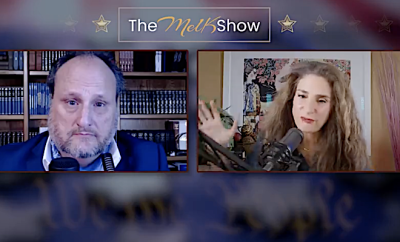 image: dumbdrum.com
image: dumbdrum.com
NWO
DATA POINT TO “MULTIPLE AGENTS” MANIPULATING ELECTIONS
FIXED ELECTIONS red alert
from WhoWhatWhy.org:
How trustworthy are our elections? It’s a question that is not being discussed nearly enough. However, it has captured the attention of one statistician who says there is evidence of consistent and widespread vote manipulation.
Beth Clarkson, a Wichita State University professor, has conducted years of independent research on elections and recently laid out some of her findings in a piece for Significance, a statistics magazine.
“My statistical analysis shows patterns indicative of vote manipulation in machines. The manipulation is relatively small, compared with the inherent variability of election results, but it is consistent. These results form a pattern that goes across the nation and back a number of election cycles. I’ve downloaded data and verified the results from several states for myself. Furthermore, the manipulation is not limited to a single powerful operator. My assessment is that the data reveals multiple (at least two) agents working independently to successfully alter voting results.”
The article looks at three elections ranging from 2012 to 2014 that exhibited suspicious voting patterns. Clarkson’s analysis contains some technical jargon, but in essence she found that many large voting precincts were more likely to vote Republican than smaller voting precincts, a phenomenon proven to be statistically unnatural. There should be no reason that larger precincts should consistently vote more for one party than smaller precincts.
“Voting machine manipulation,” she writes, “is, in my opinion, the most likely explanation for these patterns.”
Among the elections Clarkson looked at, the one that has the biggest impact on the current political landscape (and the GOP presidential race) is the 2014 Wisconsin gubernatorial race in which Republican Scott Walker won re-election. It is unlikely that Walker would explore a presidential run had he lost re-election.

















